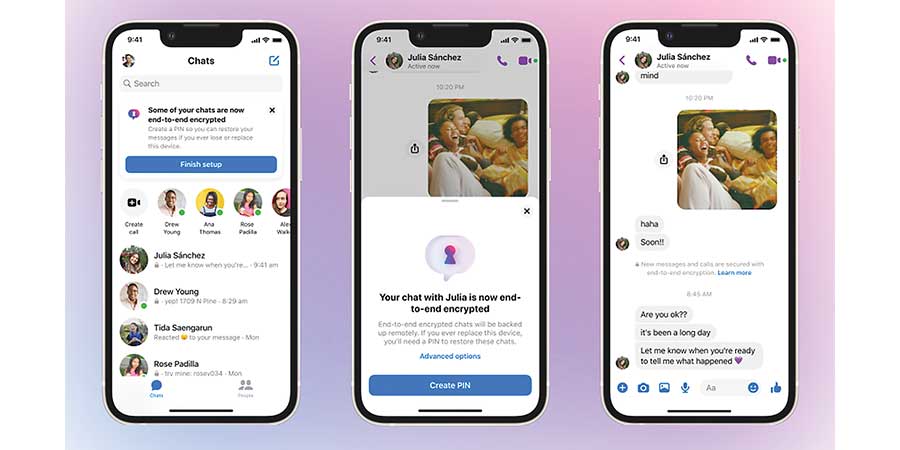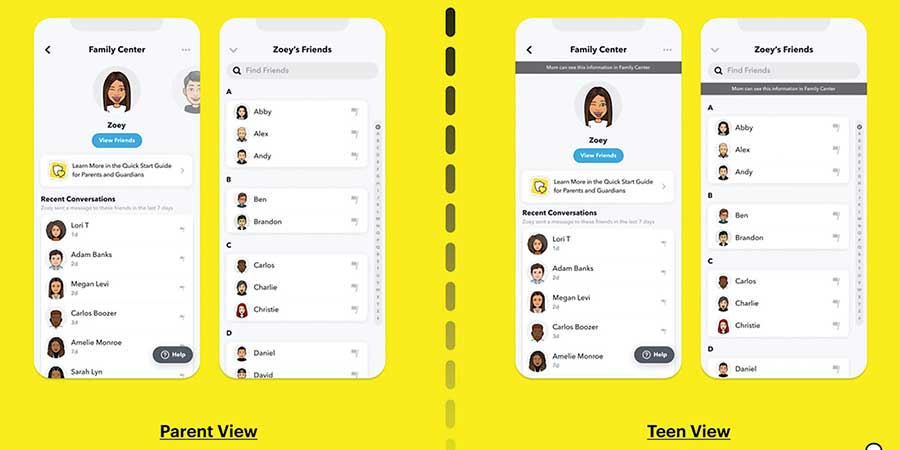MICROSOFT TEAMS NOW LETS SMALL BUSINESSES CHARGE FOR WEBINARS AND MORE
- 23 Mar - 29 Mar, 2024

Facebook hasÊshared an updateÊon its long-awaited plans to turn on end-to-end encryption (E2EE) by default in its Messenger chat platform, saying it has begun testing the feature for chats “between some people” this week. Facebook currently offers Messenger users the option toÊturn on E2EE on a per-chat basis, but such opt-in schemes are generally only embraced by a security-conscious minority. Making end-to-end encryption the default will be a big step: adding a substantial layer of security to a chat platform used by more than a billion people worldwide. It’s also likely to trigger arguments with governments who say E2EE hinders their ability to fight crime. It means that Facebook cannot view the content of its users’ messages – only participants can. This makes it much harder for third parties like hackers or law enforcement to snoop on digital conversations. Chats on WhatsApp are encrypted by default using the same protocol offered by industry standard secure messenger Signal; opt-in encryption for Instagram DMs isÊcurrently being tested; and Messenger offers E2EE via its “disappearing messages” feature.

Snapchat is launching a new supervision tool that the company says mimics how parents and teenagers interact in the real world. Snapchat’s new “Family Centre” hub allows parents and guardians to keep tabs on who their teens message without disclosing what it is they’re saying to each other. Both the guardian and the child must accept the Family Centre invite before the oversight tools can take effect. Once the invites are accepted, a guardian can see the entirety of their child’s friends list and a list of accounts they’ve interacted with over the last seven days and report concerning accounts to Snap’s Trust and Safety Team. “Our goal was to create a set of tools designed to reflect the dynamics of real-world relationships and foster collaboration and trust between parents and teens.” The feature is meant to copy real-life relationships, like when a parent lets a kid’s friends come over but doesn’t monitor everything they say. Snap plans to roll it over in the next few weeks, including tools allowing parents to view the new friends their children have added along with additional content controls.
COMMENTS